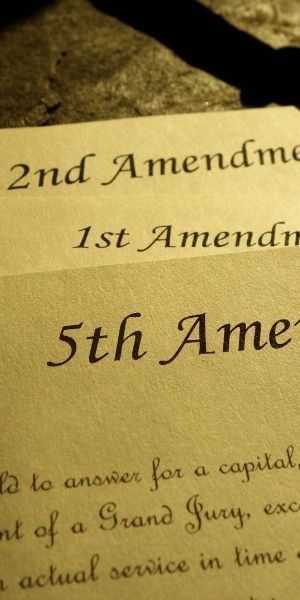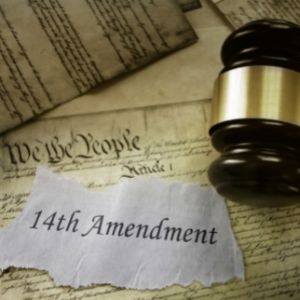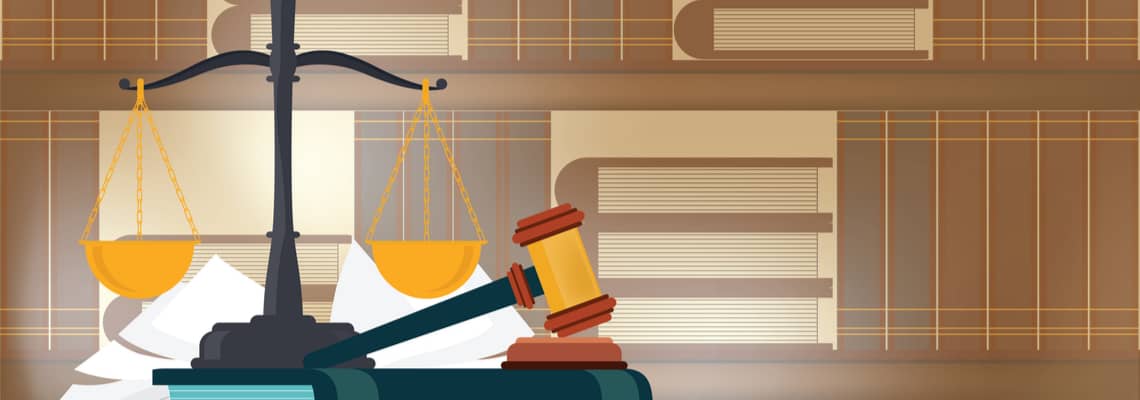It seems for once landlords may get a legal win down in the books. Renter protections have been consistently pushing forward, and while that’s not necessarily a bad thing, it has been making it harder for landlords to get the tenant screening they need. Most landlords don’t want a free for all when it comes to their properties, and would prefer to be responsible regarding who can stay: someone safe with limited financial risk.
The SAFE Housing Act
It seems for once landlords may get a legal win down in the books. Renter protections have been consistently pushing forward, and while that’s not necessarily a bad thing, it has been making it harder for landlords to get the tenant screening they need. Most landlords don’t want a free for all when it comes to their properties, and would prefer to be responsible regarding who can stay: someone safe with limited financial risk.
The SAFE Housing Act
Renter protections were again moving forward in St. Paul, Minnesota. Like the Big Apple before it, the city was going to prohibit the use of eviction records, but that’s not all. The “S.A.F.E. Housing Act,” or the Stable, Accessible, Fair, and Equitable Housing Act would limit a property managers ability to “consider evictions, credit histories and criminal histories when screening applicants for housing.” It was scheduled to be enforced on March 1st, 2021.

Renter protections were again moving forward in St. Paul, Minnesota. Like the Big Apple before it, the city was going to prohibit the use of eviction records, but that’s not all. The “S.A.F.E. Housing Act,” or the Stable, Accessible, Fair, and Equitable Housing Act would limit a property managers ability to “consider evictions, credit histories and criminal histories when screening applicants for housing.” It was scheduled to be enforced on March 1st, 2021.

However, local landlords began to band together, and two weeks prior to the enforcement, they sued the city. It’s easy to imagine why, considering how it would encroach on their ability to do their job. They cited two major ways that the SAFE Housing Act would hurt them and how it would illegally affect their properties. U.S. District Judge Paul Magnuson granted the injunction and expressed his belief – to the great if limited relief of landlords through the city – that the landlords would win.
Landlords are citing two major amendment that the act would be breaking and infringing on their rights.
The Fifth Amendment
However, local landlords began to band together, and two weeks prior to the enforcement, they sued the city. It’s easy to imagine why, considering how it would encroach on their ability to do their job. They cited two major ways that the SAFE Housing Act would hurt them and how it would illegally affect their properties. U.S. District Judge Paul Magnuson granted the injunction and expressed his belief – to the great if limited relief of landlords through the city – that the landlords would win.
Landlords are citing two major amendment that the act would be breaking and infringing on their rights.
The Fifth Amendment

The Fifth Amendment is more than protecting yourself by “Pleading the Fifth” and allowing you to keep your darker secrets to yourself. It’s also a prime defense in this case. The landlords’ suit claims that by forcing landlords to forego their tenant screening practices, it would basically be the government taking their property for its own use. The Fifth Amendment states, ““Nor shall private property be taken for public use, without just compensation.” As landlords are arguing that the law would be using private landlords as a prop to solve the city’s housing problems, it is using them ‘for public use.’ Or, as Judge Magnuson said, it “singles out private landlords to ‘address a perceived, though vaguely identified, societal problem’ related to housing needs. The Court agrees.”

The Fifth Amendment is more than protecting yourself by “Pleading the Fifth” and allowing you to keep your darker secrets to yourself. It’s also a prime defense in this case. The landlords’ suit claims that by forcing landlords to forego their tenant screening practices, it would basically be the government taking their property for its own use. The Fifth Amendment states, ““Nor shall private property be taken for public use, without just compensation.” As landlords are arguing that the law would be using private landlords as a prop to solve the city’s housing problems, it is using them ‘for public use.’ Or, as Judge Magnuson said, it “singles out private landlords to ‘address a perceived, though vaguely identified, societal problem’ related to housing needs. The Court agrees.”
The Fourteenth Amendment
Landlords are also claiming the SAFE Housing Act would infringe on their right to exclude appropriate people without due process as set by the 14th amendment. Judge Magnuson explained that as the Act doesn’t say that criminal or credit histories are stopping people from getting properties they “otherwise could have afforded” then it infringes on the right to exclude.
The Fourteenth Amendment
Landlords are also claiming the SAFE Housing Act would infringe on their right to exclude appropriate people without due process as set by the 14th amendment. Judge Magnuson explained that as the Act doesn’t say that criminal or credit histories are stopping people from getting properties they “otherwise could have afforded” then it infringes on the right to exclude.
The 14th Amendment states, “No State shall make or enforce any law which shall abridge the privileges or immunities of citizens of the United States.”
The privilege to choose who enters your property is considered a basic right, or as Magnuson wrote, “fundamental.”

The 14th Amendment states, “No State shall make or enforce any law which shall abridge the privileges or immunities of citizens of the United States.”
The privilege to choose who enters your property is considered a basic right, or as Magnuson wrote, “fundamental.”

Luckily it isn’t just the judge who has these views, as the Minnesota Multi Housing Association agrees. Acts like these don’t “solve” the housing crisis but instead discourage others from becoming landlords themselves, prevent further investment, or inspire current landlords to quit as they can’t protect their investments, which opposes what they need: more housing. While St. Paul City Attorney Lyndsey Olson found the ruling “disappointing” the city stated they would continue to try and find a way to stop the ongoing housing crisis. Meanwhile, we’ll be on the lookout for any potential legal threats to your right to safe tenant screening.
Luckily it isn’t just the judge who has these views, as the Minnesota Multi Housing Association agrees. Acts like these don’t “solve” the housing crisis but instead discourage others from becoming landlords themselves, prevent further investment, or inspire current landlords to quit as they can’t protect their investments, which opposes what they need: more housing. While St. Paul City Attorney Lyndsey Olson found the ruling “disappointing” the city stated they would continue to try and find a way to stop the ongoing housing crisis. Meanwhile, we’ll be on the lookout for any potential legal threats to your right to safe tenant screening.








One Reply to “A Judge May Side With Landlords For Once Regarding the SAFE Housing Act”
We only have one tenant that is using the COVID reason. This tenant receives assistance from the county. This tenant receives more than enough to pay the rent and all expenses. The tenant purchased a second car with the funds received. And here we are unable to do nothing about it. This is not right. We are out nearly $5000.00.